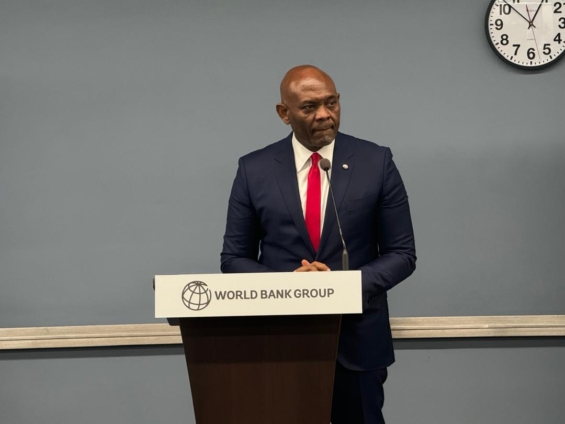Nigeria's Tech Future: Danbatta's NCC Reappointment Sparks High Expectations

President Muhammadu Buhari recently reappointed Professor Umar Garba Danbatta as the Executive Vice Chairman (EVC) of the Nigerian Communications Commission (NCC), the country’s telecoms regulatory body. This reappointment, based on the recommendation of the Minister of Communications and Digital Economy, Dr. Isa Pantami, aims to consolidate the significant gains achieved in Nigeria’s telecommunications sector. Professor Danbatta is set to lead the NCC’s operations for another five-year term.
During his initial tenure, Professor Danbatta spearheaded several notable achievements. The NCC, under his leadership, granted MTN a temporary license for Nigeria’s first 5G demonstration and implemented the “Do-not-disturb” rule to curb spam messages from telecom providers. A major milestone was the exponential increase in broadband penetration, rising from approximately 10% in 2015 to about 39.9%, with over 76 million subscriptions. This surpassed the 30% target set for 2018 a year ahead of schedule. Subsequently, the NCC announced a new national broadband plan targeting 70% penetration and 90% 4G coverage by 2025.
Despite these achievements, the Nigerian telecommunications sector still faces several challenges that Professor Danbatta is tasked with addressing in his second term. One critical area is further improving broadband penetration. While progress has been made, Nigeria’s broadband penetration remains below the global average, with the country ranking 108th out of 137 countries in mobile internet download speed and 150th out of 157 in fixed broadband speed according to Ookla’s Speedtest Global Index. Recent positive developments, such as the Federal Government’s declaration of all telecom infrastructure as Critical National Infrastructure (CNI) for enhanced protection, and state governments drastically reducing Right of Way (RoW) charges (e.g., Anambra to ₦1 per metre, Kaduna with a total waiver), are expected to significantly aid broadband growth.
The official launch of 5G technology in Nigeria is another key area. Following MTN’s successful 5G technology test, a clear timeline for its official deployment or plans to accelerate its rollout remain uncertain. The agency had previously dispelled conspiracy theories linking 5G to COVID-19, affirming the absence of 5G in the country at the time. However, it is yet to be seen if aggressive 5G deployment will become a primary goal for Danbatta’s second tenure, especially considering that countries like South Korea, China, USA, and Germany have already deployed the technology.
Improving the quality of service from telecom operators is also a persistent challenge. While Danbatta’s first term saw the NCC fine operators like Airtel, Glo, and 9mobile for forceful subscriptions, there is still considerable scope for enhancing the overall quality of services Nigerians receive. This will be a key focus for his second term.
The quality of internet services, despite increasing broadband penetration, remains a concern due to slow speeds and frequent frustrations, often compelling subscribers to use multiple internet service providers (ISPs). A significant problem is the dwindling number of ISPs in the country; out of 23 ISPs making connections in 2018, less than 10 are currently functional. This decline, coupled with a low active subscriber base compared to mobile network operators (MNOs), underscores the need for substantial regulatory support to help ISPs thrive and improve internet speeds.
Finally, driving financial inclusion through telecom providers presents a unique challenge and opportunity. The Central Bank of Nigeria (CBN) granted some telcos Payment Service Banks (PSBs) and super-agent licenses, allowing them to offer banking services. While this has significantly boosted financial inclusion, particularly with the success of mobile money, these licenses restrict telcos from performing full banking services. Professor Danbatta will need to explore avenues to grant telecoms more comprehensive opportunities to further accelerate financial inclusion in Nigeria.
You may also like...
The 1896 Adwa War: How Ethiopia Defied Colonialism
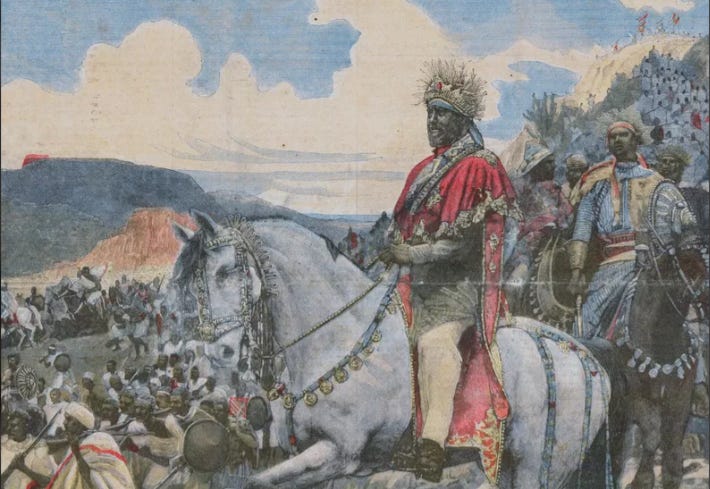
Ethiopia with the exception of Liberia which was used as a settler place for freed slaves remains the only African Count...
Why We Need Sleep: Inside the Brain’s Night Shift

Even when you’re asleep, your brain is quietly up to something, sorting, cleaning, and working behind the scenes.
When Nollywood Meets Netflix: The Creative Tug Between Local Storytelling and Global Algorithms
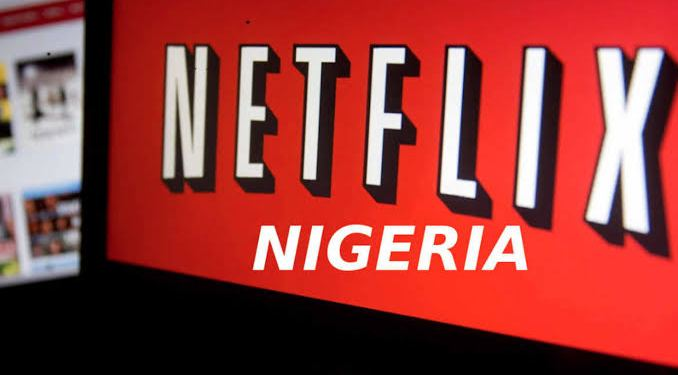
Nollywood’s partnership with Netflix is rewriting the script for African cinema, offering global reach but raising quest...
Mozambique's LNG Megaproject: A Promise or Peril?

TotalEnergies is leading a consortium in Mozambique as it promises potential restructuring of the nation's energy se...
Aliko Dangote, Africa’s Wealth King: First African-Born Billionaire to Cross $30B
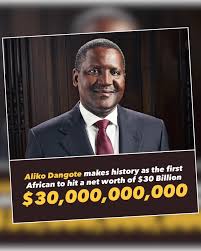
Aliko Dangote, the richest Black man in the world, has reached a new milestone, with a net worth of $30.3 billion, accor...
WAEC Conducts Trial Essay Test Ahead of Full Computer-Based WASSCE in 2026

The trial Computer-Based Test (CBT) for the WAEC essay was held on Thursday, October 23, 2025. The exercise was conducte...
Can Long- Distance Love really work?

Can love really survive when touch becomes a memory and connection lives behind a screen? For many, distance isn’t the ...
Nigeria’s Rental Crisis: House of Representatives Moves to Cap Rent Hikes at 20%
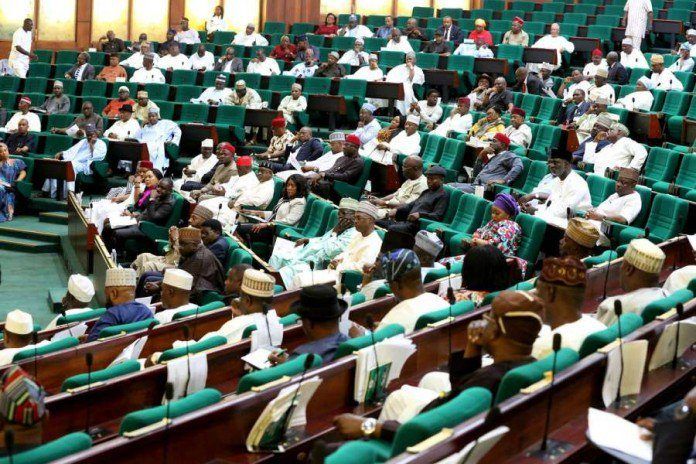
Nigeria's rental market has been under intense pressure, and now lawmakers are stepping in. The House of Rep. has called...

